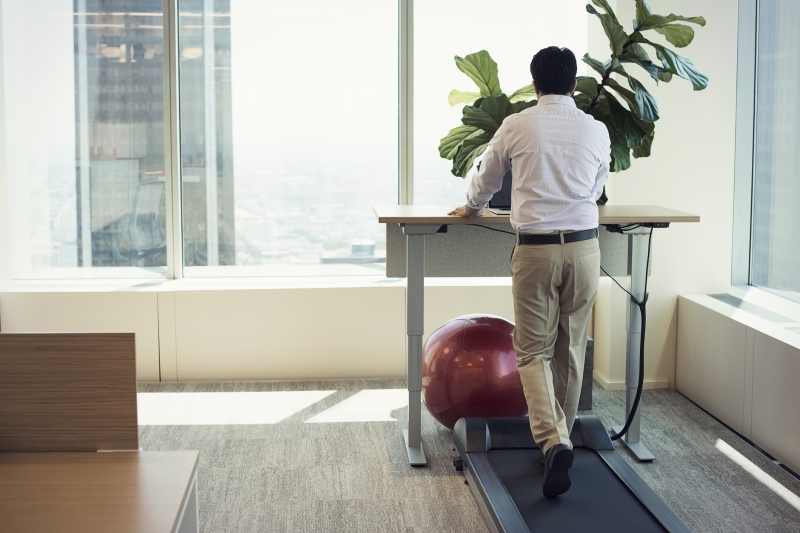With the global Covid-19 pandemic, there has been a shift in the way the working world operates. Aside from non-essential workers, who typically have to be on-the-ground, the majority of employees have been required to work from home (WFH), by swiftly adopting technology for video meetings, workflow management, and other everyday job functions.
Now that Singapore has started lifting its Circuit Breaker measures in phases, the workforce will slowly return to a semblance of normalcy. Even as offices open up, crowds return to shopping malls, and travel plans resurface, certain aspects of our lives will permanently be altered as new norms in the workforce.



